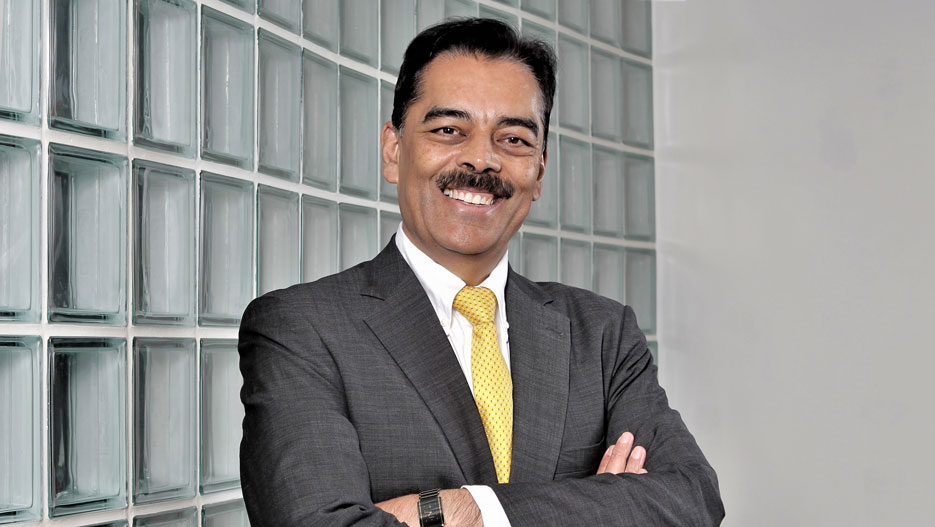Uganda’s agribusiness sector is under scrutiny after revelations that Wilmar International, a major global palm oil producer with deep investments in Uganda through Bidco Uganda Limited (BUL), was involved in a massive corruption scandal in Indonesia.
On June 17, Indonesia’s Attorney General’s Office announced the seizure of 11.8 trillion rupiah—equivalent to approximately US$725 million or shs 2.75 trillion—from Wilmar Group. Authorities accused Wilmar and two other palm oil companies of bribing officials in 2022 to obtain illegal export permits for palm oil products.
The case has already seen the arrest of judges accused of receiving bribes to acquit the companies, and at least one Wilmar employee has been arrested in connection with the scandal.
While Wilmar has promised to cooperate with the Indonesian authorities, the implications of the scandal are rippling across East Africa, particularly in Uganda, where Wilmar has a strong footprint through its partnership with Kenya’s BIDCO Africa.
The two companies formed Bidco Uganda Limited, which has grown into a dominant player in Uganda’s edible oil and soap market, as well as hygiene and personal care products. BUL runs a major oil refinery in Jinja and is heavily involved in palm oil cultivation on Bugala and Buvuma islands in Lake Victoria, through a related entity, Oil Palm Uganda Limited.
These operations, while contributing to Uganda’s industrial growth and import substitution, have long attracted controversy, particularly over environmental degradation, deforestation, and land acquisition disputes.
The Indonesian corruption scandal has sharpened public focus on the ethical practices of the Wilmar–Bidco partnership in Uganda. Land disputes tied to BUL’s palm oil project have been widely reported, with numerous communities on Buvuma and Kalangala islands alleging forced displacement, inadequate compensation, and disruption of livelihoods.
In several cases, local farmers said they were offered between US$34 and US$86 for their land—sums they described as insulting and coercively imposed. Some communities rejected government-issued compensation entirely, arguing that it grossly undervalued their ancestral land. Lawsuits filed by displaced residents are still working their way through Ugandan courts.
Environmental groups have also criticized the project for harming Lake Victoria’s ecosystem. Pesticide runoff and destruction of buffer zones have been cited as contributing to declining fish stocks and water contamination.
Investigations have shown that palm oil cultivation has expanded dangerously close to the lake’s shores, threatening biodiversity and public health.
BIDCO Africa, Wilmar’s partner in BUL, has consistently denied wrongdoing. The company maintains that land used for palm oil was acquired legally by the government before being handed over to BUL for development. It also touts its sustainability programs, including an outgrower scheme involving thousands of smallholder farmers, and investments in renewable energy and water treatment infrastructure.
Wilmar, for its part, has published statements defending its environmental record and corporate responsibility standards in Uganda, particularly in response to reports of water supply disruptions and social unrest linked to its projects.
However, transparency advocates argue that Wilmar’s proven willingness to bribe foreign officials to secure export advantages casts doubt on its business ethics globally—including in Uganda. They warn that Uganda’s weak regulatory enforcement could make the country vulnerable to similar behind-the-scenes manipulation of permits and environmental waivers, especially in large-scale investment projects involving natural resources.
Already, questions have been raised about how environmental approvals were granted for palm oil expansion in ecologically sensitive areas of Lake Victoria’s islands.
The scale of the Indonesian case—reportedly the largest financial seizure ever by that country’s anti-corruption agency—has prompted calls for Ugandan authorities to reassess their oversight of the Wilmar–Bidco venture.
Civil society organizations and local lawmakers are pushing for renewed investigations into how land was allocated, what environmental standards were followed, and whether any Ugandan officials may have received improper inducements to smooth the company’s operations.
The shs 2.75 trillion corruption scandal is not just a distant problem in Southeast Asia—it is a wake-up call for Uganda. As foreign investors play an increasingly influential role in Uganda’s agricultural and industrial sectors, there is growing pressure to ensure that economic growth does not come at the expense of transparency, accountability, and justice for local communities.
